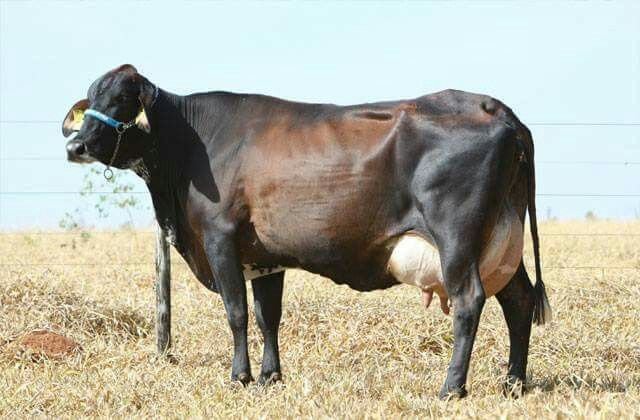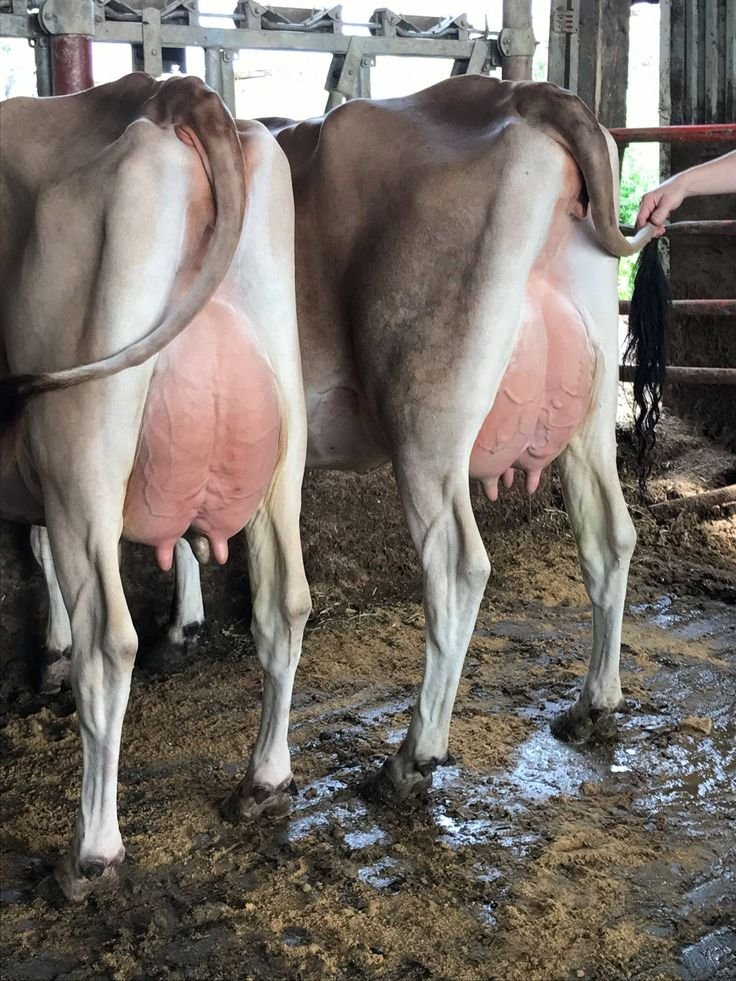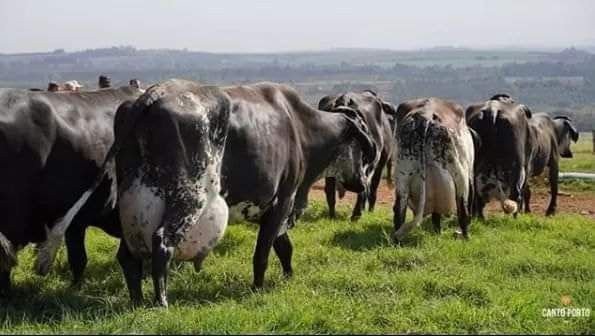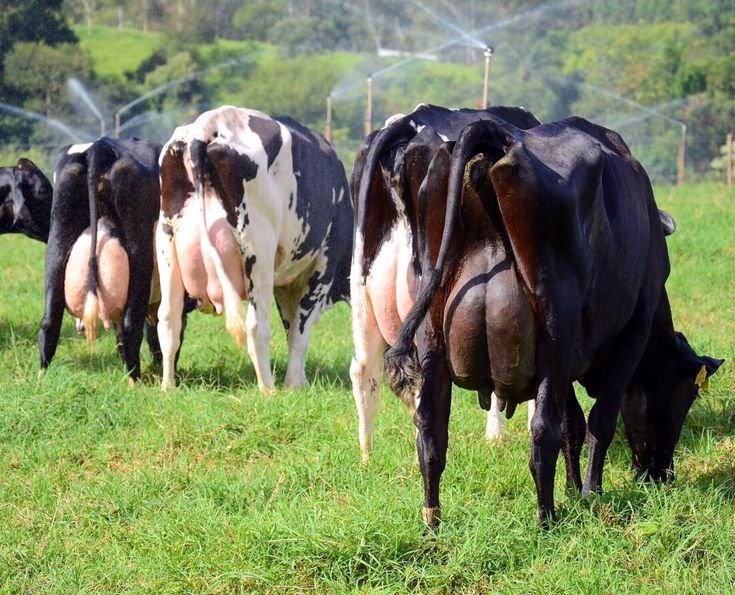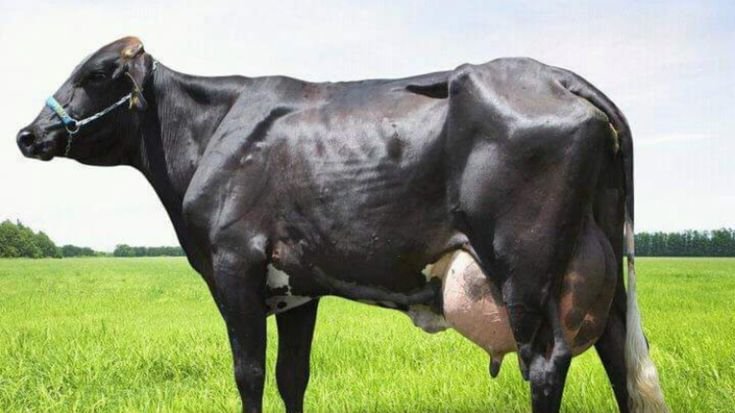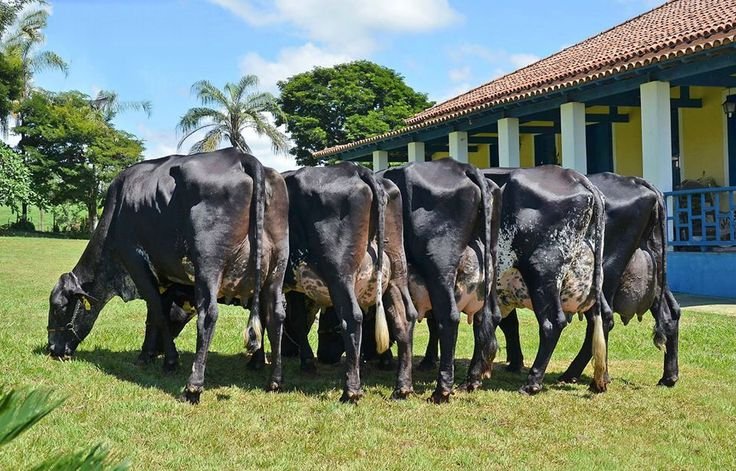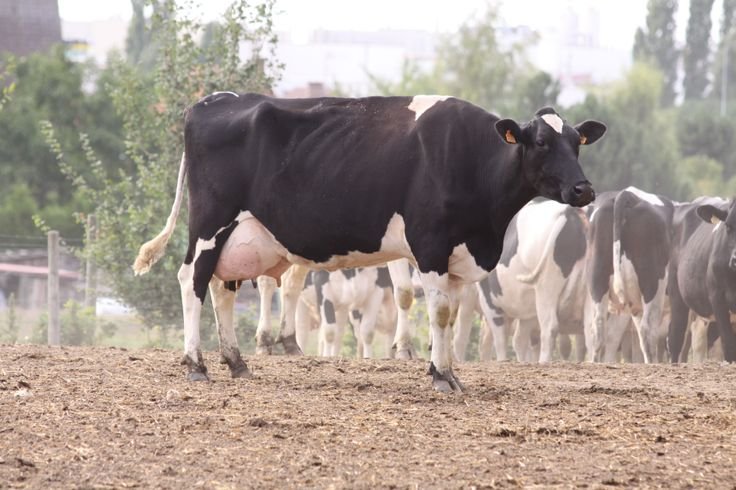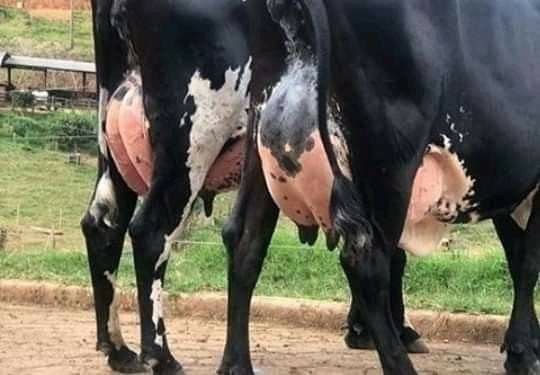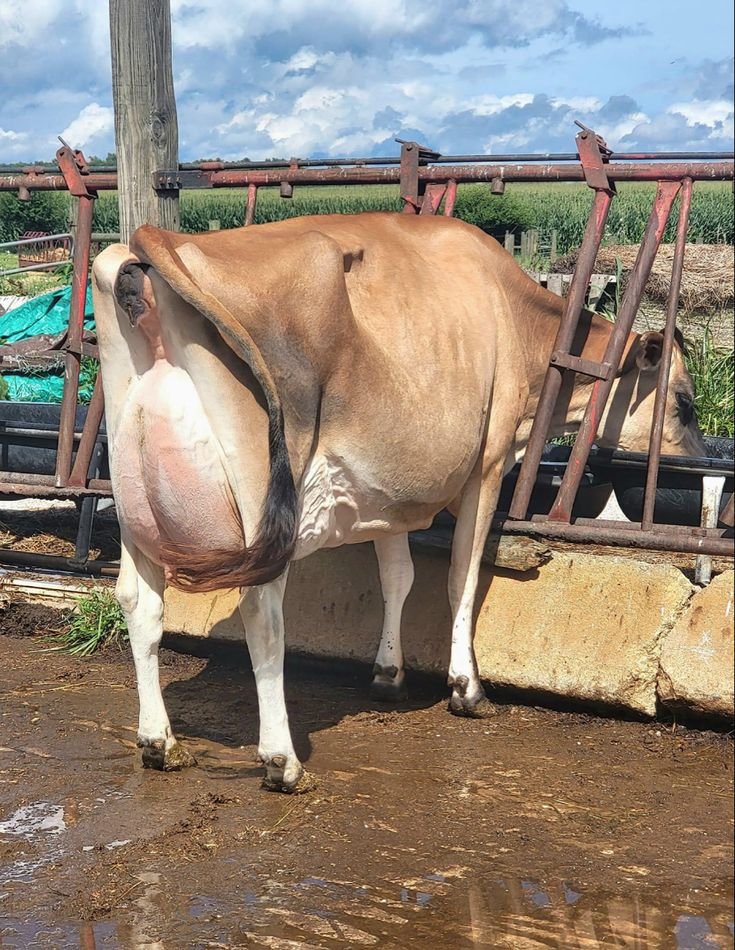In dairy farming, maintaining optimal digestive health is crucial for ensuring high milk production and quality. Probiotics have emerged as a game-changing solution for promoting gut health, boosting milk yield, and improving overall cattle wellbeing. This article explores the vital role of probiotics in dairy cattle nutrition and how they contribute to enhanced productivity.
Understanding Probiotics and Their Role
Probiotics are live microorganisms that, when administered in adequate amounts, confer health benefits to the host. In dairy cattle, they aid in:
- Balancing Gut Microflora
Probiotics introduce beneficial bacteria to the rumen, helping maintain a healthy microbial balance. This balance is essential for efficient digestion and nutrient absorption. - Enhancing Fermentation
Probiotics improve rumen fermentation, leading to better breakdown of fiber and carbohydrates. This process maximizes energy production, critical for milk synthesis. - Boosting Immunity
A healthy gut supports a robust immune system, reducing the risk of infections and diseases that can affect milk production.
Benefits of Probiotics for Dairy Cattle
1. Improved Digestive Health
Probiotics reduce common digestive issues such as acidosis, bloat, and indigestion. This ensures that cattle efficiently utilize their feed.
2. Enhanced Milk Production
By improving nutrient absorption, probiotics enable cows and buffaloes to produce more milk. They also increase milk fat and protein content, contributing to better-quality milk.
3. Stress Management
Probiotics help cattle manage stress during transitions such as calving, feed changes, or transportation. Stress management directly influences milk yield and animal health.
4. Reduction in Antibiotic Use
By boosting immunity and preventing infections, probiotics reduce the need for antibiotics, promoting healthier and more sustainable farming practices.
5. Cost-Effectiveness
Healthier cattle require fewer veterinary interventions, making probiotics a cost-effective addition to dairy farming operations.
How Probiotics Improve Milk Quality
- Enhancing Milk Fat
Probiotics optimize fatty acid synthesis in the rumen, leading to higher milk fat content. - Increasing Protein Levels
Improved digestion and nutrient utilization result in milk with greater protein density. - Reducing Somatic Cell Counts (SCC)
A lower SCC indicates healthier milk with a reduced risk of mastitis, which probiotics help prevent.
Incorporating Probiotics in Dairy Farming
- Choose High-Quality Products
Select probiotic supplements specifically designed for dairy cattle. Look for strains like Lactobacillus, Bifidobacterium, and Saccharomyces cerevisiae. - Administer Consistently
Probiotics should be included in the regular diet for consistent benefits. They can be added to feed or given as water-soluble formulations. - Monitor Results
Track improvements in milk yield, quality, and overall cattle health to evaluate the effectiveness of probiotics.
Probiotics and Sustainable Dairy Farming
Using probiotics aligns with sustainable farming goals by:
- Reducing antibiotic dependence.
- Minimizing environmental impact by improving feed efficiency.
- Promoting natural and healthier dairy products for consumers.
Conclusion
Probiotics play a transformative role in enhancing digestive health and milk quality in dairy cattle. By improving gut function, boosting immunity, and optimizing milk production, probiotics provide a sustainable and natural solution for dairy farmers. Incorporating probiotics into your cattle’s diet ensures healthier livestock and higher yields, paving the way for long-term success in dairy farming.

